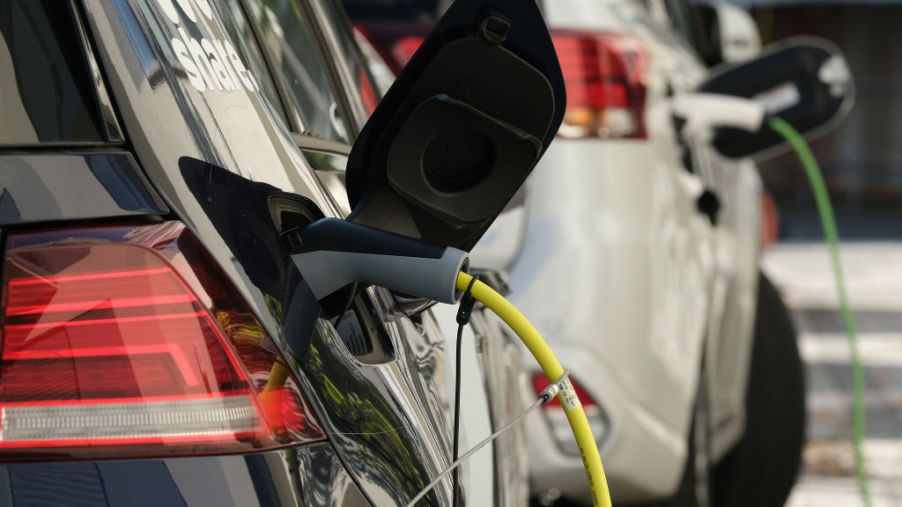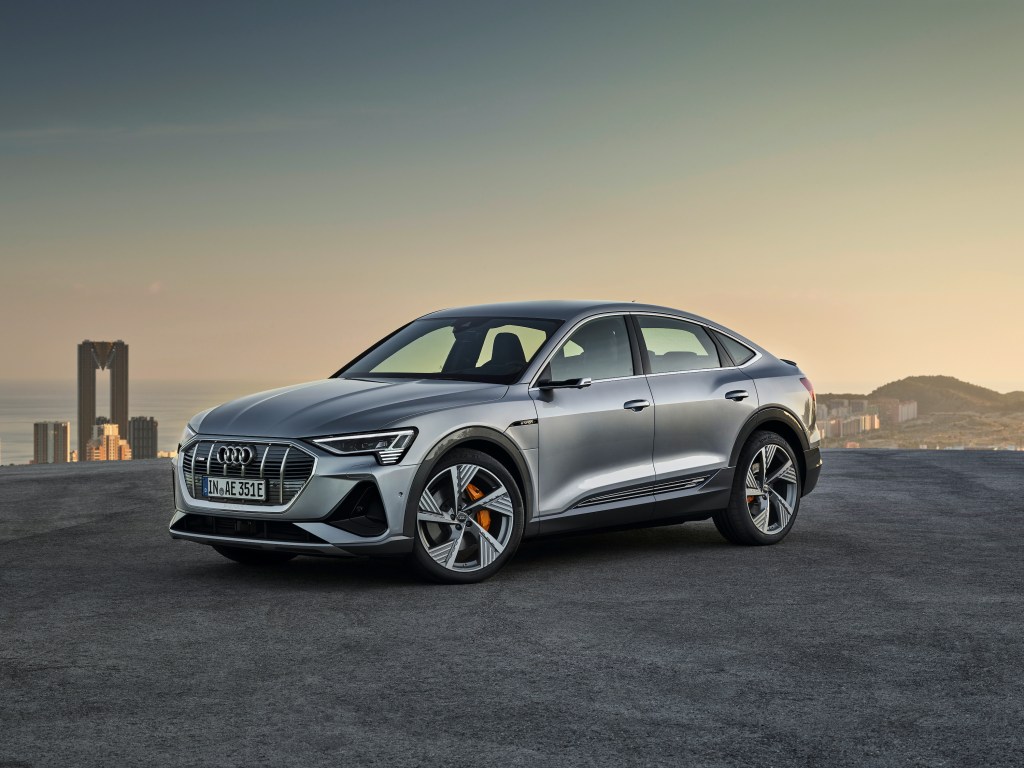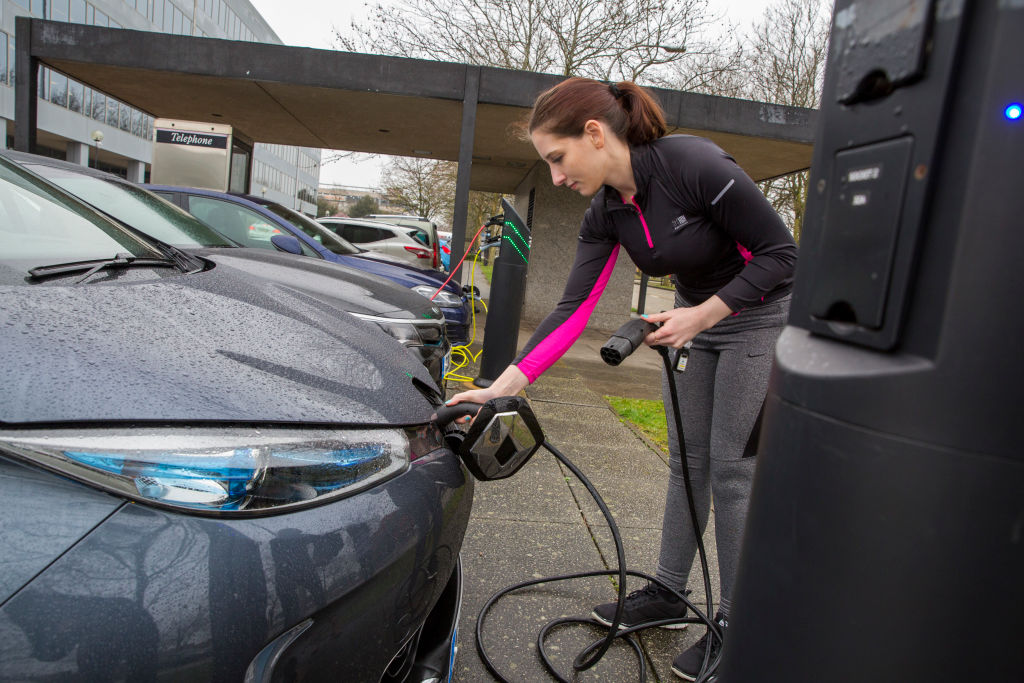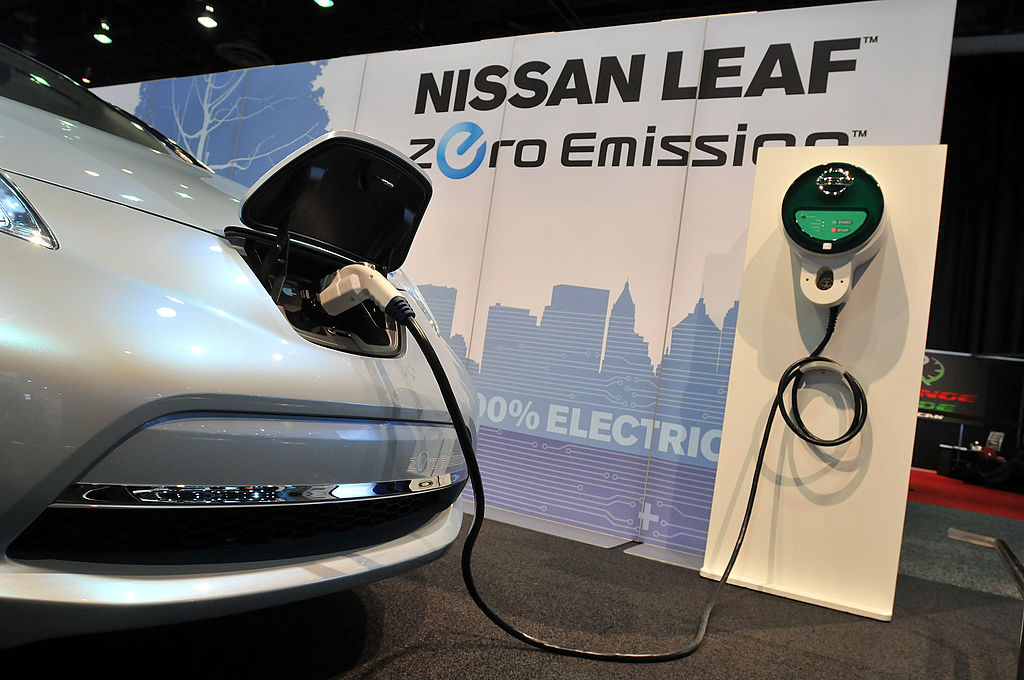
3 Questions You Should Ask Yourself Before Buying an Electric Car
Electric cars are getting more and more popular these days and it’s inevitable that they will be a larger part of the market in the next decade. While the public at large has welcomed them with open arms, there are still many consumers that are unclear if whether or not an electric car will work for them. To help clear up some of the haziness, here are three simple questions you can ask yourself before buying an electric car.
Will it fit my Daily Driving needs?
One of the top reasons that consumers aren’t fully embracing electric vehicles (EV) is that there is still range anxiety. Fortunately, most electric vehicles on the market today, like the Audi e-tron and Chevy Bolt, can achieve over 200 miles on a single charge.
If you’re in the market for an electric car, the first important question to ask yourself is if it will fit your daily driving needs. All too often, prospective buyers get held up on the range, as if they’re planning on driving more than 200 miles every day.
Be realistic. The average commuter drives about 16 miles per day. Even if you rounded up to 20 miles per day, that’s only 140 miles per week. So an EV capable of 200-plus miles is more than sufficient, granted that you would probably charge it every night. Speaking of which, being able to charge an EV every night is an added plus, think of it like having a full tank of gas every morning.
Think about how much space you need as cargo and passenger room are also important. Some small electric cars like the Chevrolet Bolt or Nissan Leaf might be better suited for a couple or single person, as they are smaller. While a bigger EV like the Audi e-tron and Tesla Model S or X are better suited for families. However, price is a factor, but we’ll get to that later.

Do I have easy access to chargers?
An important question to ask yourself is if you will have easy access to chargers during your daily commute or especially long road trips. Again, it’s easy to get caught up in an EV’s mileage range capability; but remember, you wouldn’t run a gasoline car’s tank completely dry on a road trip, so why would you think that 200-250 miles of range is not enough?
Luckily, there is a large infrastructure of charging stations across the country. If you want to plan a trip and need to know where you can charge along the way, there are many phone apps and websites, like PlugShare, which can help you map out where to charge during your journey.
Also, if you buy a Tesla, you can plot out your charge points from the car as well.

Should I lease or buy an Electric Vehicle?
There is a wide variety of EV’s currently in the market, so it would be good to research which one would fit your budget first. If you’re looking at the higher end of the price spectrum, then the Audi e-tron, Jaguar iPace, or any of the Tesla might work. If you’re on the lower end, then a Chevrolet Bolt, Nissan Leaf, or Hyundai Ioniq Electric would be more affordable.
In terms of leasing versus buying, we typically suggest leasing any new car because you’ll be paying to use it for a certain amount of time, typically 3 years, and can trade it in for something newer after. The advantage mainly comes from the fact that cars are getting more advanced every year and after a typical lease term, the market may look completely different, so it will be a good time to get into something with better technology. Perhaps an electric car with better range?
Also, there are federal and state rebates for electric cars (which may vary by state), so by leasing, you’ll be able to take advantage of them and save more money upfront. You’ll still be eligible if you finance or purchase an EV, however, you will have to wait to get the rebate in the mail. Either way, you can figure out which works best for you first by determining how much of a monthly payment you can afford. Here is a helpful tool from Cars.com.

Take your time
While EV’s are getting more popular and you might be excited to get one, we suggest taking your time and figuring out your budget, needs, driving distances before shopping for one. After all, it looks like electric cars will be more plentiful as time goes on.



